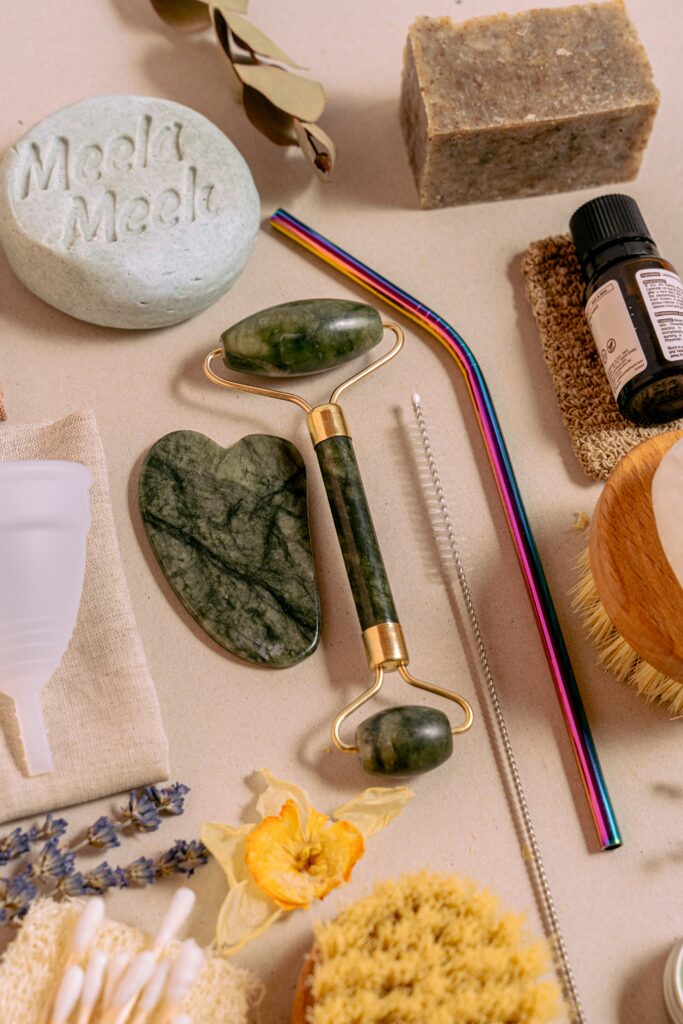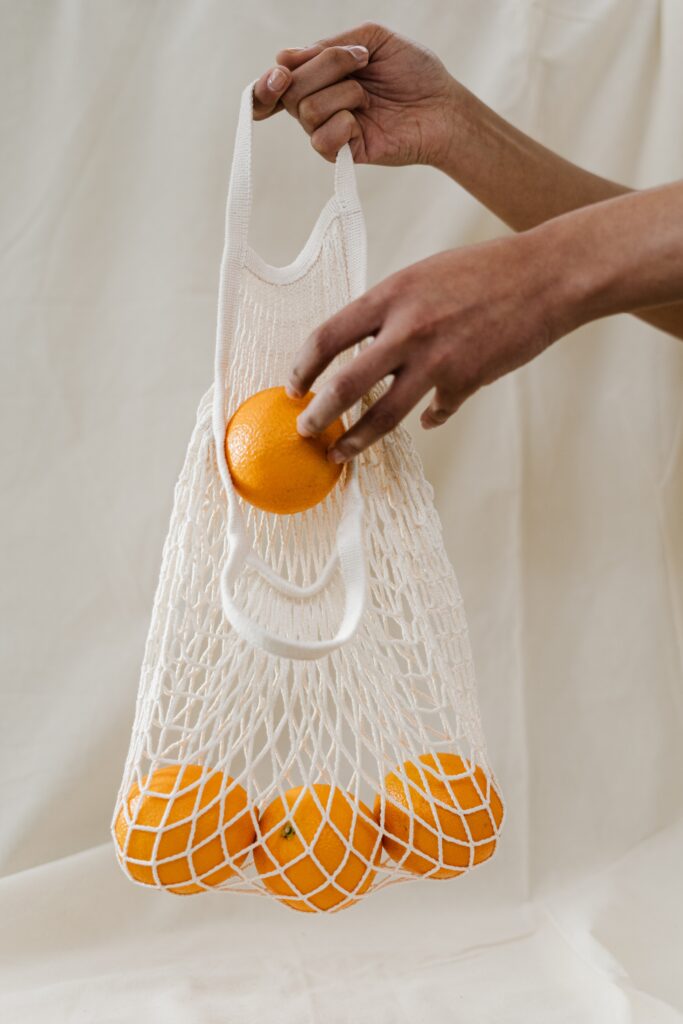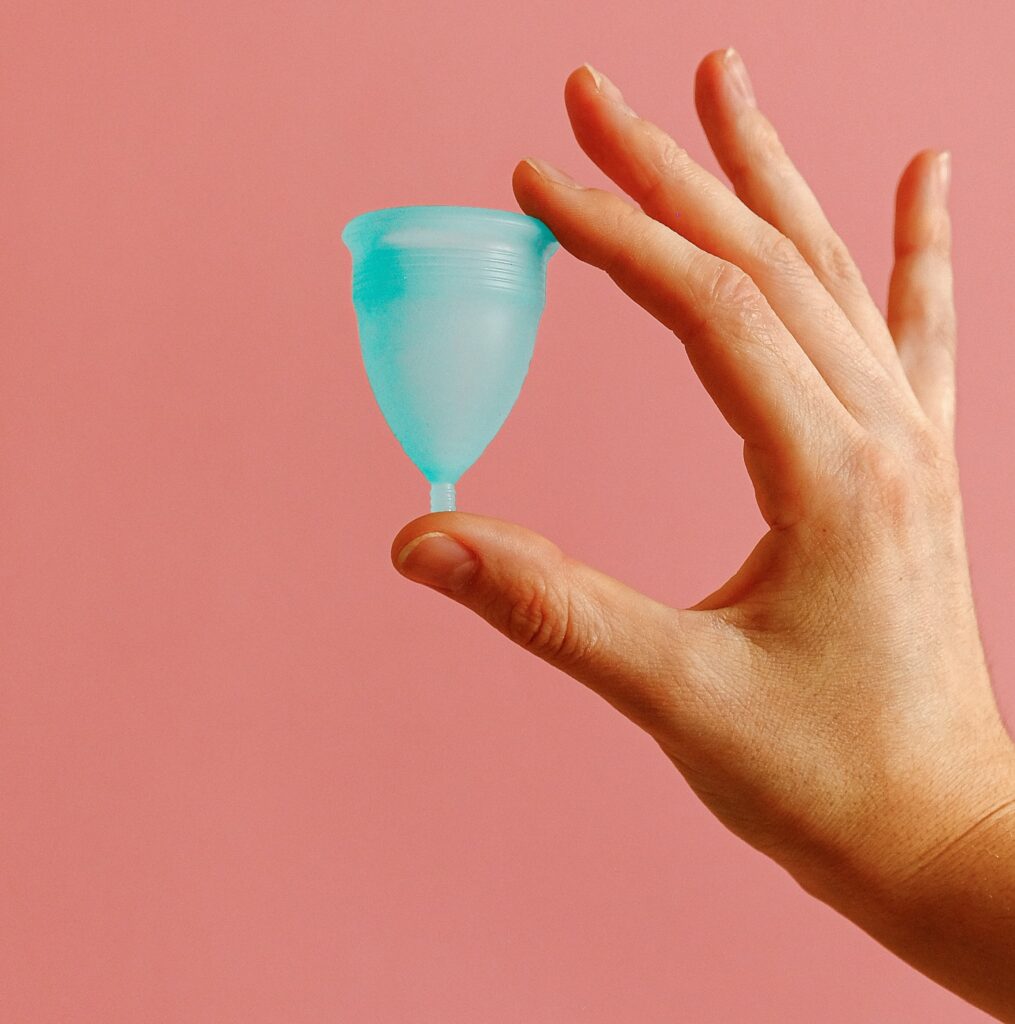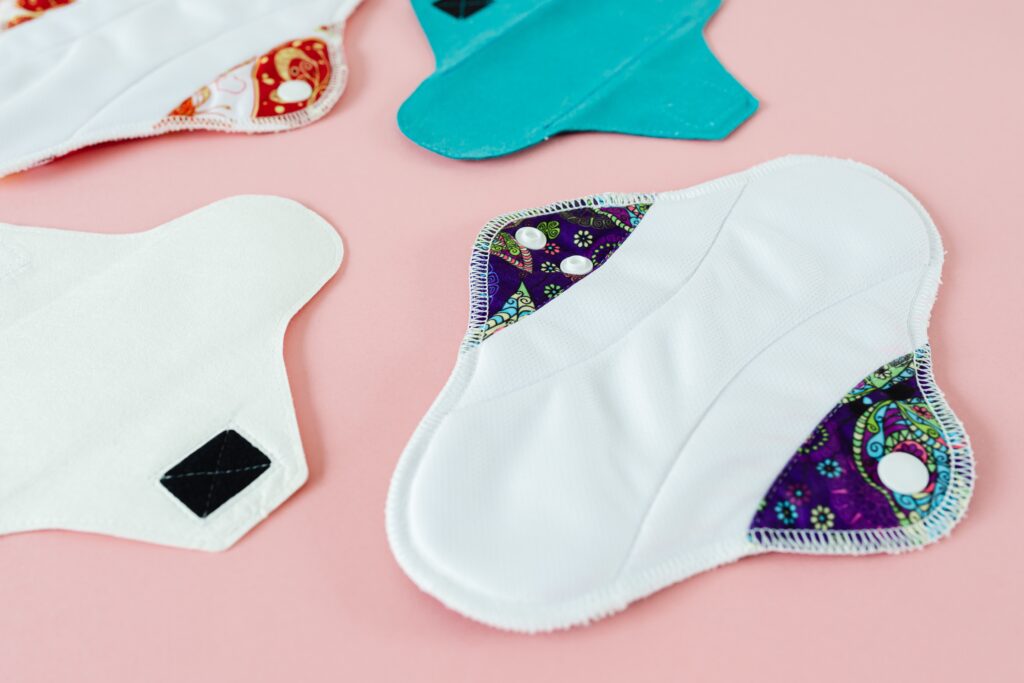We are facing constant changes in environmental conditions; it has become essential to know how our lifestyle choices impact the environment. By switching to eco-friendly products, we can reduce waste and carbon emissions and save our health.
Product manufacturers design eco-friendly products to minimize the harmful effect on the environment, use natural materials to make these products, and use renewable energy resources and fewer natural resources.
The eco-friendly products reduce harmful effects on the environment and promote a sustainable future. In this article, we will learn about the importance of eco-friendly products and their benefits
The importance of eco-friendly products
1. Save nature
Using eco-friendly products is essential for saving our natural resources. Eco-friendly products don’t harm the environment. Further minimizing waste, carbon emissions, and pollution.
2. Bio-degradable
One of the best things about eco-friendly products is that they are biodegradable, reducing the amount of waste going into landfills, and they do not contain toxic chemicals, further reducing damage to the environment.
Eco-friendly products are better for our health and the planet.
3. Promoting Healthy life
Importance of eco-friendly products in our daily lives. These products are made of natural materials and do not harm our health. On the other hand, traditional products contain harmful chemicals that affect our health. Toxic chemicals used in personal care and home cleaning products cause allergic reactions, asthma, eye redness, and other respiratory-related illnesses.

The manufacturing of traditional products uses non-renewable energy resources such as coal, oil, and gas. Manufacturing eco-friendly products uses renewable energy resources such as solar, wind, and hydroelectric power, reducing carbon emissions. Some of the eco-friendly products are handmade and carbon-neutral.
5. Cost-effective
One of the benefits of using eco-friendly products is that they are cost-effective in the long run.
Cloth diapers and menstrual cups are expensive upfront, but in the long run, they will save you a lot of money. They last longer, and there is no need to purchase them every time. Another benefit is that they are sustainable and eco-friendly.
6. Environmental impact
Importance of eco-friendly products for the environment. Personal care and home cleaning products loaded with harmful chemicals contribute to air, soil, and water pollution.
Producing and disposing of these products harms the environment. By choosing eco-friendly and sustainable products, we can reduce harmful impacts on the environment. Plastic and chemicals end up in waterways that reach the ocean and harm marine animals.
7. Reduce plastic waste
The importance of eco-friendly products is that they reduce plastic waste. Plastic pollution is increasing every day. We must take action now.
Eco-friendly and sustainable products reduce plastic waste going into landfills. Use bamboo toothbrushes, natural loofah, Shampoo bars, conditioner bars, menstrual cups, cloth diapers, etc.

8. Save natural resources
Another important aspect of eco-friendly products is that they do not contain toxic chemicals, which saves our natural resources from getting contaminated and reduces plastic pollution.
9. Labels for choosing the right eco-friendly products
Products marketed as eco-friendly may not be eco-friendly; don’t forget to check the labels.
1. Certified Organic
This certification applies to farming and producing organic food, textiles, and seeds. The products certified by USDA Organic are GMO-free and free from synthetic chemicals, pesticides, herbicides, and fertilizers.
2. OEKO-TEX
The OEKO-TEX Standard 100 applies to all types of textiles tested for a harmful substance.
OEKO-TEX organic cotton certification tests for using GMOs and other harmful substances.
OEKO-TEX has conducted green certification tests for the textile and leather manufacturing industries to produce sustainably and socially.
3. GOTS
You might have seen this certification on cloth diapers, a global organic textile standard processing standard for organic fibers. This certification includes ethical and social standards. GOTS certification covers the organic textile supply chain. That includes production, processing, manufacturing, packaging, labeling, and distribution.
4. Green
The green certification represents environmental value for companies that use renewable energy resources for manufacturing.
5. Cruelty-free
The cruelty-free certification applies to companies that do not test products on animals. Many animals suffer and die every year because harmful products are tested on them.
6. MADE SAFE
The MADE-SAFE certificate represents that the products are safe for humans and the ecosystem. Made-safe products are free from toxic chemicals to ensure they are safe and sustainable.
7. Energy star
The energy star certification applies to home appliances, heaters, washing machines, refrigerators, etc. Stars indicate that appliances use less energy. This helps save energy and reduce greenhouse gas emissions.
8. Bio-degradable
Biodegradable products break down naturally without leaving harmful residue or chemicals in the environment.
9. Fare trade
Fairtrade certification is a system that ensures that products are produced and traded in a way that is ethical, sustainable, and socially responsible. The certification is granted by third-party organizations that assess and verify that the products meet specific criteria related to fair wages and working conditions, environmental sustainability, and community development.
10. Eco-cert
The eco-cert certification specializes in the inspection of organic, fair trade, and ecological products. Eco-cert provides certification for a wide range of products, including food, cosmetics, textiles, and cleaning products.
Eco-friendly products for everyday use.
1. Reusable cutlery
The importance of eco-friendly products is to reduce plastic pollution and single-use materials. Refuse single-use cutlery and start taking reusable cutlery with you on the go. Since the pandemic started for hygienic reasons, we have begun using more disposables than before, which leads to increasing pollution.

2. Bamboo Earbuds
Stop using plastic earbuds that do not degrade; instead, choose bamboo earbuds or reusable earbuds made of silicon that last a long time and are washable and reusable.
3. Reusable Straw
Refuse plastic straws and use reusable straws that come in steel, glass, and bamboo. They are eco-friendly, sustainable, and last longer.
4. Reusable Water bottle
We often get used to buying single-use plastic bottles. We don’t take our bottles with us. By doing this, we are sending tons of plastic bottles into landfills that will end up in our oceans, causing harm to marine life. Approximately 1.5 billion plastic bottles are thrown out per day. They are the main contributors to waste. By just buying and using refillable water bottles, we can save tons of waste and a lot of money.
5. Reusable coffee mug or tumbler
Refuse single-use coffee cups and bring your reusable coffee mug. Paper cups have a plastic lining in them. When we pour hot liquid into them, it can leach into the product, which is harmful to our health, and these types of cups are hard to recycle.
6. Reusable Cloth Bag
When we go shopping, we can use cloth bags, which can replace single-use plastic that takes hundreds of years to decompose.
7. Reusable produce bags
Every day we use a ton of single-use plastic in grocery shopping; instead, we can use reusable produce bags, which is also easy during checkout.

8. Eco-friendly loofah
The eco-friendly loofah is made up of plant fibers that are eco-friendly and sustainable. The traditional plastic loofah does not biodegrade whenever you use it; it sheds microplastics that end up in our lakes and oceans.
9. Menstrual cups, period underwear, and cloth pads.

The importance of eco-friendly products in menstrual hygiene: disposable pads are made with plastic and bleached cotton and often contain harmful chemicals and fragrances that cause allergic reactions, fungal infections, and toxic shock syndrome. Our skin is highly absorbent; hence, it absorbs chemicals.
After use, we throw the pads away; they take hundreds of years to decompose. As an alternative to traditional pads, you can use menstrual cups. They are safe and sustainable alternatives that last a long time, saving money and health.
Another option is period underwear and cloth pads; they are safe on the skin and made up of highly absorbent plant-based materials. They are washable and reusable many times.

10. Cloth Diapers

Disposable diapers end up in landfills and take hundreds of years to break down. Disposable diapers are made up of polymers and perfumes, which are the critical elements for everything from constant diaper rash to respiratory issues like asthma and male infertility, and they are not safe for baby skin.
Cloth diapers are a sustainable choice in terms of saving money in the long run, and they are safe for the baby’s skin and the environment.
Cloth diapers often come in different types of designs and colors and require a lot of washing and maintenance. They can also be used overnight by adding booster pads. In the end, it was all worth it.
11. Home and Kitchen
Most household cleaners are made of harmful chemicals that are not safe for our health or the environment.
Make bio enzyme cleaners at home easily by using jaggery, citrus peels, and water, or make cleaners with baking soda, lemon, vinegar, and essential oils; these are non-toxic and easy to make. Essential oils you can use are lavender or tea tree; these have antibacterial properties.
- For dishwashing, use soap bars instead of liquid.
- For cleaning dishes, use bamboo dishwashing blocks or coconut husk scrubbers.
- For laundry, use detergent sheets that are available on the market, or you can use detergents packed in a carton box.
- Use glass jars for leftover food, soups, grains spices, pickles, etc.
- Use beeswax wraps for keeping bread, covering food, and keeping sandwiches.
- Use reusable towels instead of paper towels for cleaning kitchen tops, etc.
12. Hair care
Shampoo and conditioners are loaded with harmful chemicals; instead, we can use natural products for shampooing our hair; soap nuts are one of the best options; or use any eco-friendly shampoos or shampoo bars.
13. Oral Care

The toothbrush we use daily is a typical plastic toothbrush that cannot be recycled. And the toothpaste tube is made with a combination of aluminum and plastic, which is hard to separate and hence cannot be recycled.
Bamboo toothbrushes and toothpaste tablets are better for zero-waste oral care. After using a bamboo toothbrush, we can compost it by separating the bristles.
14. Eco-friendly fabrics
The production of cotton involves the use of chemicals, pesticides, and fertilizers that harm soil and water. Switching to eco-friendly fabrics can save our natural resources.
Organic cotton, jute, Tencel, bamboo, banana fibers, and hemp are eco-friendly and sustainable fabrics.
The bottom line
Eco-friendly products are vital for saving the environment and ensuring sustainability. By choosing eco-friendly products, we can reduce waste, save natural resources, and protect our health.
Small changes can make a big difference.
Making a difference in the environment doesn’t need big changes; each individual can make small changes in their lifestyle, significantly impacting the environment. For ex. Using reusable water bottles instead of single-use plastic bottles and reusable cloth bags instead of single-use plastic bags. By using eco-friendly cleaning products, we can save natural resources.
We can reduce our carbon footprint and lead a sustainable lifestyle by making these small changes.
We have learned the importance of eco-friendly products, and now it’s time to implement these small changes into our day-to-day lives.
Other FAQ’S
1. Objectives of eco-friendly products.
The eco-friendly products are designed to reduce harmful effects on human health and the environment. Eco-friendly products made from sustainable resources reduce waste and greenhouse gas emissions.
2. How eco-friendly products help the environment?
Eco-friendly products are designed to save natural resources and are made of sustainable materials. These products do not contain harmful chemicals that pollute soil, water, and air.
Eco-friendly products use fewer resources, hence saving our natural resources, and use less energy during production, which reduces the use of energy. These products are made of materials that are biodegradable, recyclable, and compostable, hence reducing waste.
3. Importance of eco-friendly practices
Eco-friendly practices help save the environment and natural resources and support sustainable development.
Promote health by reducing exposure to harmful chemicals.
4. Benefits of eco-friendly business
Due to increasing environmental problems, people are shifting to eco-friendly products, which creates a huge demand for sustainable and eco-friendly businesses.
Businesses can adopt eco-friendly practices that benefit them by reducing environmental effects, saving natural resources, and increasing customer satisfaction.
5. Benefits of using eco-friendly products
Using eco-friendly products has many benefits, including saving the environment and human health from harmful chemicals.
Eco-friendly products are sustainable; they use less energy and resources and produce less waste.
Using eco-friendly products increases demand for sustainable business and encourages companies to be environmentally responsible.
Am Jeenath is an engineer in biotech with a diploma in clinical research. I am the mother of a son. And I love helping people live sustainably. I educate people on sustainable living and share sustainability tips, ideas, brands, and DIYs.


I like this blog it’s a master piece! Glad I discovered this ohttps://69v.topn google.Blog monetyze
Thanks for sharing. I read many of your blog posts, cool, your blog is very good.
Thank you for your sharing. I am worried that I lack creative ideas. It is your article that makes me full of hope. Thank you. But, I have a question, can you help me?